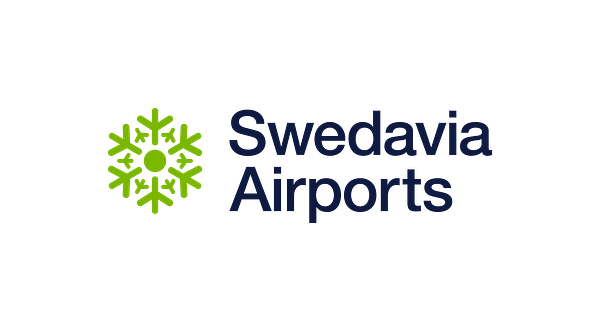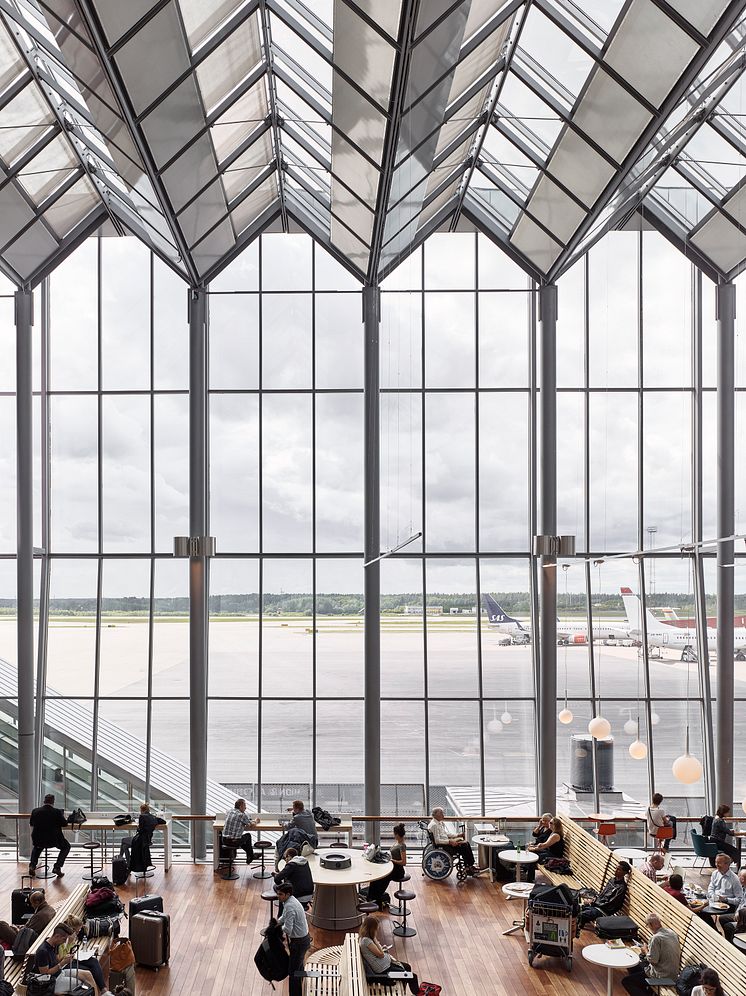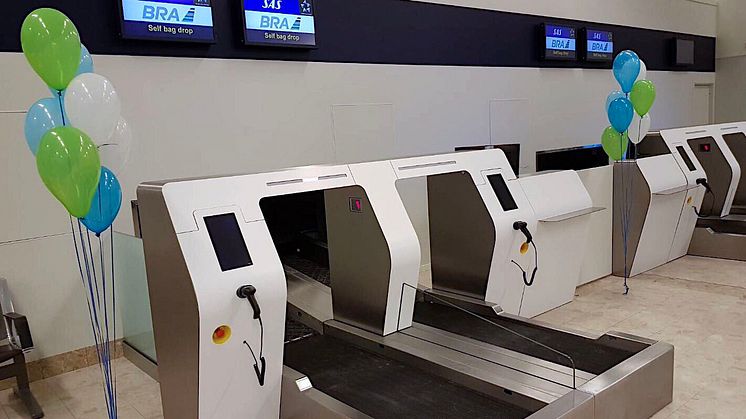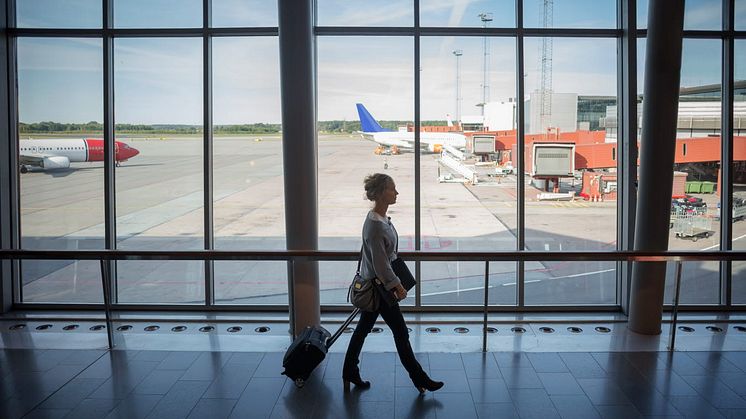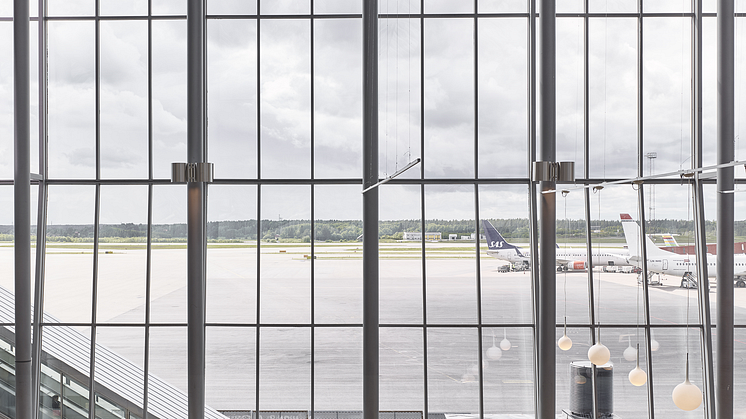
Press release -
Swedavia’s Year-End Report 2018: Improved access to air travel and continued investments in climate-smart airports
The airport group Swedavia has reported an operating profit of 682 million Swedish kronor for 2018, when more than 42 million passengers flew to or from Swedavia’s airports. Meanwhile, the Group continued its investments in bio jet fuel and its work to achieve the target of zero fossil carbon dioxide emissions from its own operations. This information was published in Swedavia’s year-end report.
For the first time ever, more than 42 million passengers flew to or from Swedavia’s airports in a single year. That figure reflects a marginal volume increase compared to 2017, driven by an increase in international traffic and some 40 new routes. However, the strong traffic growth seen in previous years has slowed, and domestic travel was down overall for the year. During the fourth quarter, total passenger volume fell compared to the same period in 2017.
“Good air links create the conditions needed for meetings and events, for attracting visitors and for contributing to business opportunities and jobs. Enhancing Sweden’s access is one of our most important tasks. All in all, we succeeded with that during the year,” says Jonas Abrahamsson, Swedavia’s president and CEO.
Swedavia’s net revenue increased somewhat to almost 6 billion kronor (5.7) for 2018, while operating profit totalled 682 million kronor (651). For the fourth quarter, net revenue was 1.5 billion kronor (1.45). Operating profit was 16 million kronor (-123).
“Given costs related to harsh winter conditions early in the year, costs associated with more stringent security requirements and no change in passenger volume, our full-year results are satisfactory,” says Jonas Abrahamsson.
Swedavia’s work to reduce the climate impact of air travel continued during the year, and new steps were taken toward its goal of having all ten airports produce zero fossil carbon dioxide emissions from their own operations by 2020 at the latest. Last year, Visby Airport became the second Swedavia airport after Ronneby Airport to achieve this goal. Swedavia is also one of the few companies in the world to supply bio jet fuel, and in December provided such fuel corresponding to 15,000 flights for business purposes, in line with its target of having five per cent of the fuel used at Swedavia’s airports consist of bio jet fuel by 2025.
“Aviation will be one of the transport modes of the future and must be sustainable, like all the other transport modes. Even today, it is possible to fly using renewable jet fuel, and with a focused, well thought through approach together we can both make sure that air travel is sustainable and create a new Swedish showcase industry for producing renewable jet fuel using by-products from our Swedish forest industry. Focusing on shaming people’s need to fly does not contribute to the essential change that must take place,” says Jonas Abrahamsson.
The complete year-end report is available on Swedavia’s website: Swedavia - financial information
For further information and interview requests, please contact Robert Pletzin, press officer, Swedavia, +46 (0)10-10 90 100
Swedavia AB (publ) is required to disclose the information in this year-end report under the EU Market Abuse Regulation and the Securities Market Act. The information was provided by the contact person above for publication on February 15, 2019, at 4:00 p.m. CET.
Topics
Swedavia is a State-owned group that owns, operates and develops ten airports across Sweden. Our role is to create the access Sweden needs to facilitate travel, business and meetings – in Sweden, in Europe and around the world. Safe, satisfied passengers are the foundation of our business. Swedavia is a world leader in developing airports with the least possible environmental impact. The Group has revenue of over 5.7 billion Swedish kronor and some 3,100 employees.
